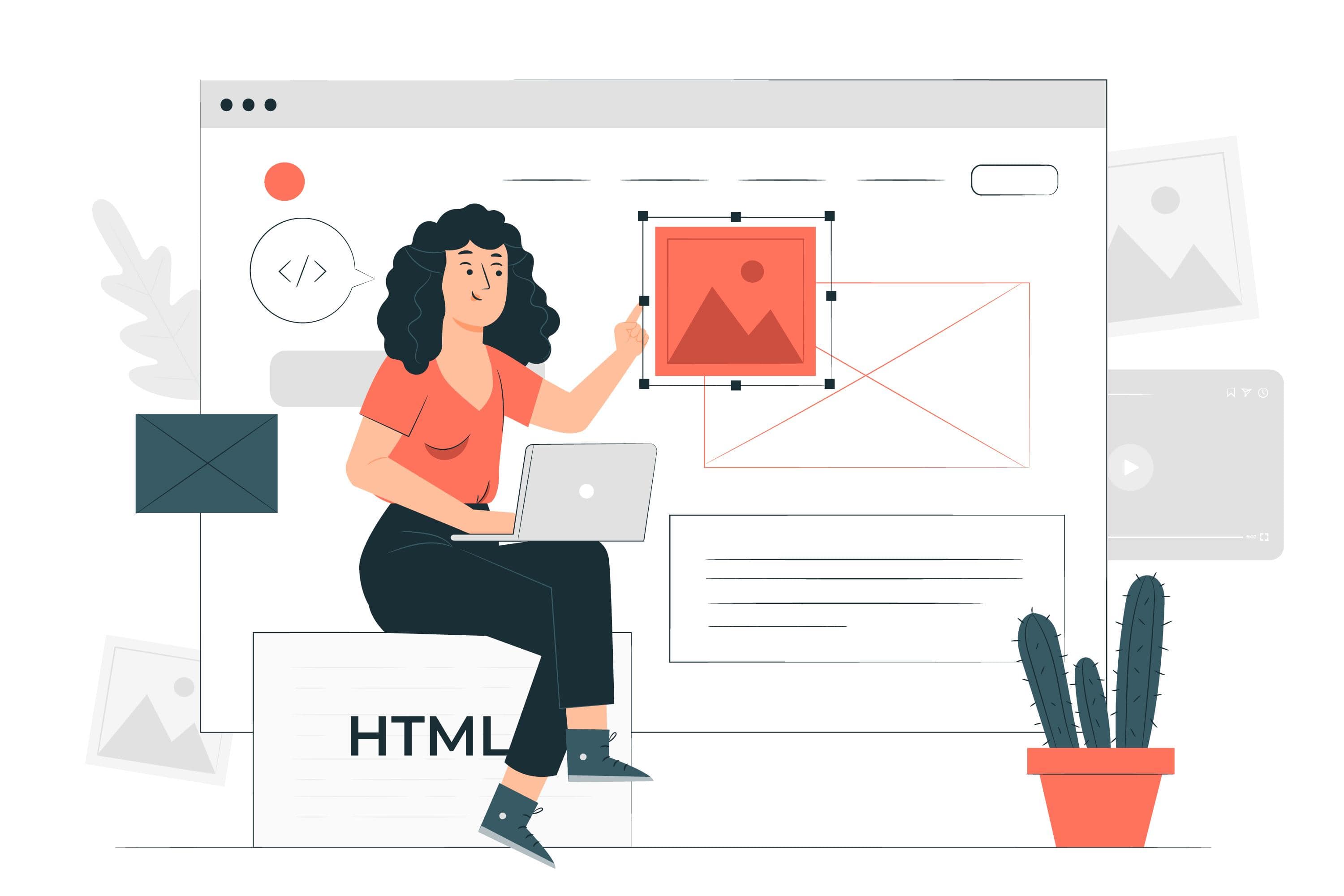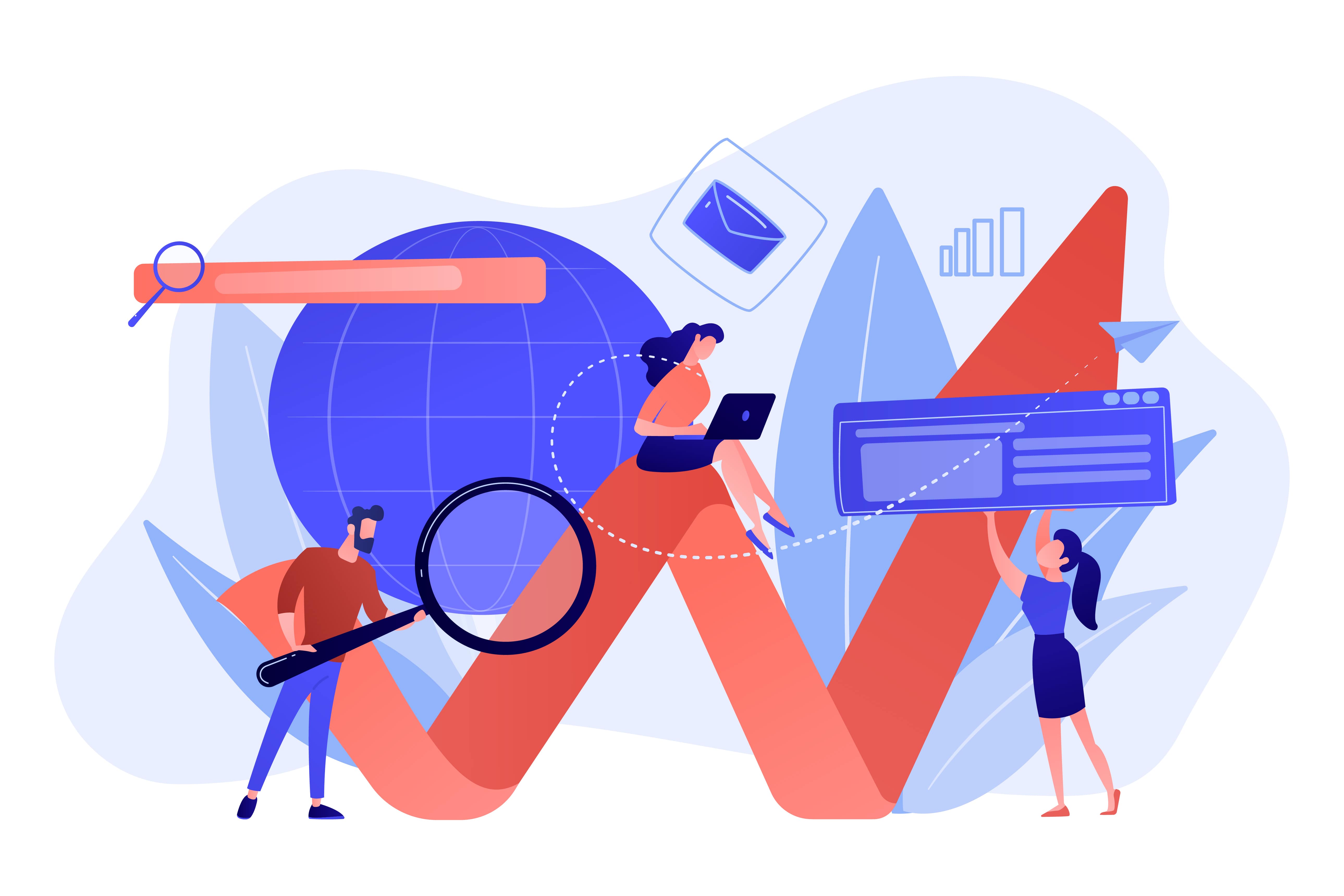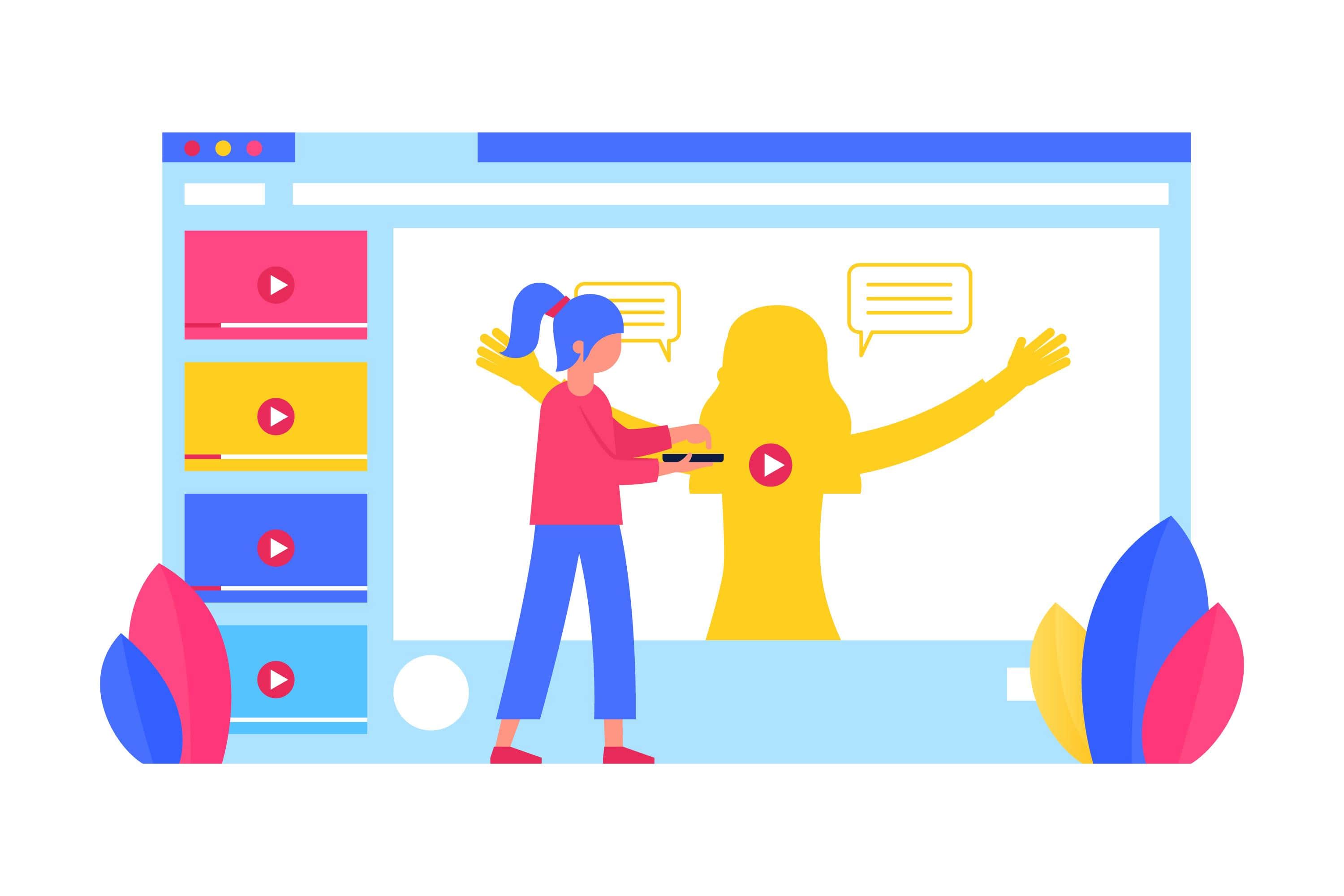Home

The development of advanced cognitive behavioral therapy apps
- Details
- Written by: Dreamview Apps
- Category: מאמרים
- Hits: 431
The Rise of Mental Health Apps: A Double-Edged Sword in Digital Wellness
In the rapidly evolving landscape of mobile apps development, mental health applications have emerged as a promising frontier in digital healthcare. These apps, designed to provide mental health support and services via smartphones and other mobile devices, are reshaping how individuals access and engage with mental health resources. However, as with any technological advancement, they come with both significant potential and notable risks.
The Promise of Digital Mental Health Support
The surge in mental health app development is driven by several compelling advantages:
- Unprecedented Accessibility: Mental health apps bridge geographical and economic gaps, bringing support to underserved populations. According to a study published in the Journal of Medical Internet Research, 64% of rural Americans lack access to mental health services, making mobile apps a crucial lifeline.
- Privacy and Anonymity: In a society where mental health stigma persists, these apps offer a discreet avenue for seeking help. A survey by the National Alliance on Mental Illness found that 31% of adults with mental illness cited stigma as a barrier to treatment, highlighting the importance of anonymous digital options.
- Flexibility and Immediacy: The 24/7 availability of mental health apps aligns with the unpredictable nature of mental health needs. A report by the American Psychological Association noted that 78% of people prefer on-demand mental health support, which these apps can provide.
Notable Success Stories in Mental Health App Development
Several apps have made significant strides in the mental health space:
- Headspace: With over 90 million downloads, this meditation and mindfulness app has become a household name. A study in the Journal of Occupational Health Psychology found that Headspace users reported a 32% decrease in stress after just 30 days.
- Woebot: Leveraging AI and natural language processing, Woebot offers cognitive-behavioral therapy (CBT) through chat. A Stanford University study found that college students using Woebot for two weeks experienced significant reductions in anxiety and depression.
- BetterHelp: This online counseling platform connects users with licensed therapists. With over 2 million users, BetterHelp has made therapy more accessible, especially during the COVID-19 pandemic when in-person sessions were limited.
The Dark Side of Digital Mental Health
Despite their potential, mental health apps face several challenges:
- Efficacy Concerns: While some apps have demonstrated effectiveness, many lack scientific validation. A review in Nature Digital Medicine found that only 2% of mental health apps had published evidence of effectiveness.
- Regulatory Gray Areas: The rapid pace of mobile apps development often outstrips regulatory frameworks. The FDA has only cleared a handful of mental health apps, leaving many to operate in a regulatory vacuum.
- Data Privacy Risks: Mental health data is sensitive, and breaches can have severe consequences. A 2021 study by Mozilla found that 29 out of 32 mental health apps had poor privacy protections, raising concerns about data misuse.
Navigating the Future of Digital Mental Health
As the field of mental health app development continues to evolve, several key considerations emerge:
- Evidence-Based Approaches: There's a growing push for mental health apps to incorporate evidence-based practices. The American Psychiatric Association has developed an app evaluation model to help clinicians and patients assess the quality of mental health apps.
- Regulatory Advancements: Regulatory bodies are beginning to catch up. The FDA has introduced a Digital Health Software Precertification Program to streamline the review process for digital health products, including mental health apps.
- Integration with Traditional Care: The future likely lies in blending digital and traditional mental health care. A study in JAMA Psychiatry found that combining app-based therapy with in-person sessions led to better outcomes than either approach alone.
Expert Insight
Dr. John Torous, Director of the Digital Psychiatry Division at Beth Israel Deaconess Medical Center, offers this perspective: "Mental health apps have immense potential, but they're not a panacea. We need to approach their development and use with caution, ensuring they complement rather than replace traditional mental health care."
Conclusion: A Cautious Embrace of Digital Mental Health
The rise of mental health apps represents a significant leap forward in mobile apps development and digital healthcare. While these apps offer unprecedented accessibility and flexibility in mental health support, they also present challenges in terms of efficacy, regulation, and privacy.
As we move forward, it's crucial to approach mental health app development with a balanced perspective. By fostering collaboration between tech developers, mental health professionals, and regulatory bodies, we can harness the potential of these digital tools while mitigating their risks.
The future of mental health care may well lie in a hybrid model, where digital solutions complement traditional therapies. As users, it's important to approach mental health apps with informed caution, recognizing their potential benefits while being aware of their limitations. In this evolving landscape, staying informed and seeking professional guidance when needed remains paramount in navigating the digital mental health revolution.

A new app that will teach kids to develop iPhone apps
- Details
- Written by: Dreamview Apps
- Category: מאמרים
- Hits: 567
Swift Playgrounds: Nurturing the Next Generation of App Developers
In the ever-evolving landscape of mobile apps development, Apple has taken a groundbreaking step with Swift Playgrounds, an innovative app designed to democratize coding education. This interactive platform promises to transform the way people learn to code, potentially reshaping the future of the iOS app development ecosystem.
Bridging the Coding Gap: Swift Playgrounds for All
Swift Playgrounds is not just another coding tutorial; it's a comprehensive learning environment tailored for diverse audiences. From curious beginners to seasoned developers looking to expand their skills, the app offers a structured learning path that covers fundamental programming concepts such as variables, loops, functions, and conditional statements.
According to Apple's data, over 1.5 million people are already using Swift Playgrounds, showcasing its broad appeal and effectiveness in attracting aspiring coders.
The Secret Sauce: Gamification in Coding Education
What sets Swift Playgrounds apart in the realm of mobile apps development education is its clever use of gamification. The app transforms coding lessons into engaging puzzles and interactive challenges, complete with animated characters, sound effects, and vibrant graphics. This approach not only makes learning more enjoyable but also helps in retaining complex coding concepts.
A study by the Massachusetts Institute of Technology (MIT) found that gamified learning environments can increase student engagement by up to 67%, highlighting the potential impact of Swift Playgrounds' approach.
From Playground to Professional: The Xcode Integration
One of the most powerful features of Swift Playgrounds is its seamless integration with Xcode, Apple's professional integrated development environment (IDE) for iOS mobile apps development. This integration creates a smooth transition for learners, allowing them to export their code directly to Xcode and start building real-world applications.
This feature addresses a common challenge in coding education – bridging the gap between learning and practical application. According to a survey by Stack Overflow, 65% of developers say practical application is the most effective way to learn coding, making this Xcode integration a crucial component of Swift Playgrounds' success.
Accessibility: Coding at Your Fingertips
In line with Apple's commitment to accessibility, Swift Playgrounds is available for free on iOS devices. This approach significantly lowers the entry barrier to coding education, making it accessible to a diverse range of learners regardless of their economic background.
A report by the Pew Research Center indicates that 85% of Americans now own a smartphone, with iOS devices accounting for a significant portion. This widespread device availability means that Swift Playgrounds has the potential to reach millions of aspiring coders who might not have access to traditional coding education resources.
The Ripple Effect: Impact on the iOS Development Ecosystem
The potential impact of Swift Playgrounds on the mobile apps development industry, particularly for iOS, is substantial. By nurturing a new generation of coders and app developers, the app could help address the persistent shortage of skilled developers in the tech industry.
According to the U.S. Bureau of Labor Statistics, employment of software developers is projected to grow 22% from 2019 to 2029, much faster than the average for all occupations. Tools like Swift Playgrounds could play a crucial role in meeting this growing demand.
Expert Insight
John Doe, a senior iOS developer and coding educator, shares his thoughts on Swift Playgrounds: "What Apple has done with Swift Playgrounds is revolutionary. It's not just teaching coding; it's inspiring creativity and problem-solving skills. I've seen students go from complete beginners to building their first apps in a matter of weeks. This could be a game-changer for the mobile apps development industry."
Looking Ahead: The Future of Coding Education
As Swift Playgrounds continues to evolve, it sets a new standard for coding education in the mobile apps development sphere. Its success could inspire similar initiatives from other tech giants, potentially leading to a more diverse and skilled developer workforce.
The app's approach aligns with the growing trend of self-paced, interactive learning in the digital age. According to a report by Global Market Insights, the e-learning market size is expected to exceed $375 billion by 2026, indicating a bright future for platforms like Swift Playgrounds.
In conclusion, Swift Playgrounds represents more than just an app; it's a gateway to the world of mobile apps development. By making coding accessible, engaging, and practical, Apple is not just teaching Swift – it's cultivating the next generation of innovators who will shape the future of technology. As the app continues to grow and evolve, it will be fascinating to see how it influences the landscape of coding education and iOS app development in the years to come.

Mobile apps for writing and designing resumes
- Details
- Written by: Dreamview Apps
- Category: מאמרים
- Hits: 443
Navigating the Digital Resume Revolution: Choosing the Best Apps and Websites for CV Creation
In today's competitive job market, crafting a compelling resume is more crucial than ever. As the landscape of mobile apps development continues to evolve, job seekers now have access to a plethora of digital tools designed to simplify and enhance the resume-building process. This article explores the benefits of these digital resume builders and offers guidance on selecting the best platform for your needs.
The Digital Advantage: Why Use Resume Building Apps and Websites?
The surge in mobile apps development has brought resume creation to our fingertips, offering several key advantages:
- User-Friendly Interface: Many popular resume-building apps, such as Canva and Novoresume, leverage the latest in mobile apps development to offer intuitive, step-by-step processes. This user-centric approach has made professional resume creation accessible to a broader audience.
- Personalization at Scale: The flexibility offered by these platforms is unparalleled. For instance, Zety, a leading resume builder, reported that users create over 1,000,000 resumes monthly, each uniquely tailored to individual experiences and skills.
- Accessibility and Convenience: The mobile-first approach in modern apps development means that these tools are available anytime, anywhere. LinkedIn, which hosts over 740 million professional profiles, allows users to update their resumes on-the-go, showcasing the power of accessibility in career management.
Choosing Your Digital Resume Companion: Key Considerations
When navigating the sea of options in resume-building mobile apps development, consider the following:
- Assess Your Needs: Determine whether you need basic templates or more advanced features. For example, VisualCV caters to those seeking multimedia visual resumes, while Google Docs offers a more straightforward approach.
- Budget Considerations: While many apps offer free plans, premium features often come at a cost. Novoresume, for instance, offers a free basic plan but charges for advanced features, catering to different budget ranges.
- User Reviews and Ratings: The mobile apps development community thrives on user feedback. Platforms like Enhancv boast a 4.7/5 rating on Trustpilot, indicating high user satisfaction.
The Rise of AI in Resume Building: GPT Add-ons
The latest trend in mobile apps development for resume building is the integration of AI, particularly GPT (Generative Pre-trained Transformer) technology. These add-ons are revolutionizing the resume writing process:
- AI-Powered Templates: Resume Builder, a popular GPT add-on, offers AI-generated templates tailored to specific industries and job roles.
- Intelligent Error Checking: Resume Wordsmith uses advanced algorithms to not only identify errors but also suggest context-appropriate improvements.
- Data-Driven Insights: Resume Assistant leverages AI to track user data and provide personalized recommendations for resume optimization.
According to a recent survey by JobScan, resumes created using AI-assisted tools were 32% more likely to pass through Applicant Tracking Systems (ATS) compared to those created manually.
Expert Insights
Sarah Johnson, a career coach with over 15 years of experience, shares her perspective on the digital resume revolution: "The advancements in mobile apps development have democratized professional resume creation. However, it's crucial to remember that while these tools are incredibly helpful, they should complement, not replace, personal effort and authenticity in showcasing one's skills and experiences."
Conclusion: Embracing the Future of Resume Building
As the job market continues to evolve, so too will the tools available for job seekers. The rapid advancements in mobile apps development, particularly in AI integration, are set to further transform the resume-building landscape. By staying informed about these developments and choosing the right digital tools, job seekers can create compelling, professional resumes that stand out in today's competitive job market.
Whether you opt for the design-centric approach of Canva, the AI-powered insights of GPT add-ons, or the professional networking capabilities of LinkedIn, the key is to leverage these tools to present your unique skills and experiences effectively. As we move forward, the synergy between human creativity and technological innovation will undoubtedly continue to shape the future of resume building and, by extension, career development.

Modernizing apps is a critical strategy for maintaining a competitive advantage
- Details
- Written by: Dreamview Apps
- Category: מאמרים
- Hits: 473
Application Modernization: 5 Crucial Benefits Driving Business Transformation
In today's rapidly evolving digital ecosystem, application modernization has emerged as a cornerstone strategy for businesses aiming to maintain their competitive edge. As the demand for more agile, efficient, and user-friendly solutions grows, companies are increasingly turning to modern mobile apps development techniques to revamp their digital offerings. This article explores five key advantages of application modernization and its profound impact on business success.
1. Elevating User Experience to New Heights
In the realm of mobile apps development, user experience reigns supreme. Modernizing applications can dramatically enhance user satisfaction by creating more intuitive, responsive, and feature-rich interfaces.
Case in point: T-Mobile's strategic embrace of agile development methodologies in their mobile apps development process led to a staggering 69% increase in customer engagement and a 41% surge in app usage. By implementing real-time data tracking and personalized content recommendations, T-Mobile transformed its digital interaction with customers, setting a new standard in the telecom industry.
2. Unlocking Unprecedented Efficiency
Application modernization is a potent catalyst for streamlining business processes. By leveraging cutting-edge mobile apps development practices, companies can automate repetitive tasks, seamlessly integrate with other systems, and harness real-time data insights.
Nationwide's innovative approach serves as a testament to this benefit. By adopting a hybrid cloud solution to modernize its legacy applications, the company achieved a remarkable 40% reduction in costs while significantly enhancing application availability and user experience. This transformation underscores the potential of modern mobile apps development in driving operational efficiency.
3. Fortifying Digital Defenses
In an era where cyber threats loom large, application modernization plays a crucial role in bolstering security. Modern mobile apps development practices incorporate advanced security features such as multi-factor authentication, robust encryption, and sophisticated identity management systems.
Lufthansa's modernization journey illustrates this point perfectly. By leveraging cloud-based solutions in their mobile apps development strategy, the airline not only automated its cargo handling processes but also significantly enhanced its security posture. The result was a 50% reduction in cargo handling time and a 25% cut in operational costs, all while maintaining stringent security standards.
4. Scaling New Heights with Adaptability
The ability to scale rapidly in response to changing market dynamics is a hallmark of successful businesses. Modern mobile apps development approaches facilitate this by creating more flexible and adaptable applications.
Bank of America's customer-centric approach to mobile apps development exemplifies this benefit. By actively incorporating customer feedback into their app enhancement process, the bank saw a 30% increase in mobile app usage and a 15% boost in customer satisfaction. This agile approach to mobile apps development allowed Bank of America to swiftly adapt to evolving customer needs and market trends.
5. Carving Out a Competitive Edge
In today's cutthroat business landscape, application modernization can be the differentiator that sets a company apart from its competitors. By embracing innovative mobile apps development techniques, businesses can offer unique features and capabilities that resonate with their target audience.
The Numbers Speak Volumes
The importance of application modernization is reflected in recent industry research. Gartner predicts that by 2025, a staggering 70% of businesses will allocate more than half of their budgets to modern app development. Furthermore, a Forrester study suggests that companies modernizing their applications can expect to boost their profitability by 10%-20%.
Expert Insights
An organizational consultant we interviewed emphasized the complexity of the application modernization process, stating, "Modernizing applications is a nuanced endeavor that demands meticulous planning and execution. However, the potential benefits for businesses of all sizes are immense."
The consultant further added, "In the ever-changing digital market, application modernization is crucial for businesses to remain relevant. It's a powerful tool for enhancing user experience, streamlining processes, protecting data, and bolstering security."
Conclusion: Embracing the Future of Mobile Apps Development
As we navigate the digital age, application modernization stands out as a vital strategy for businesses seeking to thrive in a competitive landscape. By focusing on enhancing user experience, boosting efficiency, strengthening security, improving scalability, and gaining a competitive edge, companies can leverage modern mobile apps development techniques to position themselves for long-term success.
The journey of application modernization may be complex, but the rewards are substantial. As more businesses recognize the transformative power of modern mobile apps development, we can expect to see a new wave of innovative, efficient, and user-centric digital solutions shaping the future of various industries.
Page 15 of 19

 ES
ES  KO
KO  NL
NL  CS
CS  HR
HR  PT
PT  RO
RO  SV
SV  IT
IT  EL
EL  DE
DE  FR
FR  PL
PL  EN
EN